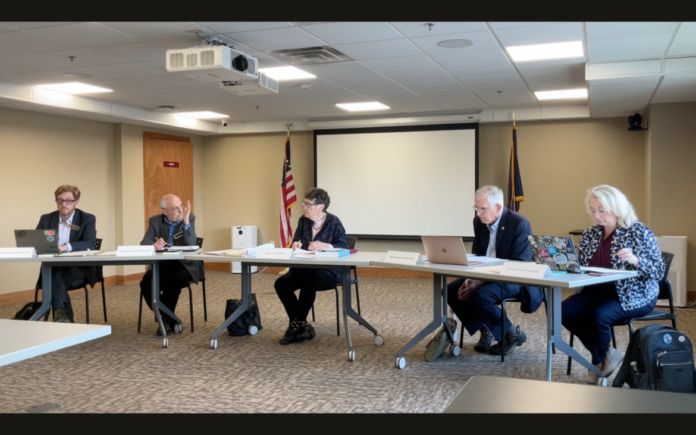New Hampshire’s Education Freedom Account (EFA) program, which allows parents to use state funds for private or religious schooling, has seen significant growth, with enrollment increasing by 26% this year. The program now serves 5,321 students and is expected to cost around $28 million for the 2024-2025 school year. This expansion has sparked concerns about the program’s lack of accountability, particularly regarding how taxpayer dollars are being spent.
State Senator Debra Altschiller, D-Stratham, voiced concerns that the program is no longer primarily serving low-income families, as originally intended. While the EFA was initially promoted as a means for low-income families to seek alternatives for students struggling in public schools, more than 70% of students entering the program have never attended a public school. Additionally, the percentage of low-income participants has dropped from 54% in the program’s first year to 37% for the upcoming school year.
Altschiller stressed the need for greater oversight, pointing out that while public and charter schools are held accountable for student outcomes, EFA participants face voluntary assessments. Students in the program are not required to take state assessments, national tests, or submit portfolios for review.
Rep. Glenn Cordelli, R-Tuftonboro, defended the program, arguing that parents should have the primary responsibility for deciding their children’s education and that forcing students to attend public schools before accessing the program would be unnecessary. He countered calls for accountability, suggesting that public schools also face challenges in meeting benchmarks.
Several committee members also expressed concerns about compliance issues raised in a recent report. The report found that nearly a quarter of applications used incorrect documentation to determine eligibility, leading to the return of $18,000 to the state. The scholarship fund managing the program, Children’s Scholarship Fund New Hampshire, has since updated its training materials to prevent future errors.
As the program continues to grow, some lawmakers are seeking more data from the Department of Education to assess the impact of the EFA on local school districts, particularly those losing students to the program. Despite the program’s rising costs, an attempt to increase the income eligibility cap from 350% to 425% of the federal poverty level was defeated earlier this year. Lawmakers are expected to revisit the issue in upcoming sessions.
By the end of the 2024-2025 school year, the EFA program will have drawn $73 million from the state’s Education Trust Fund, originally established to fund public education.











